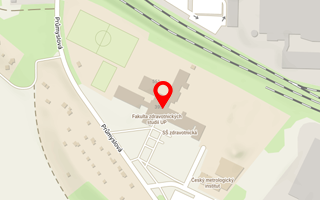Publikace detail
Bio-psycho-socio-spiritual model of the holocaust trauma effects on survivors' health
Autoři:
Horáčková Kateřina | Moravcová Markéta | Ševčovičová Andrea | Andraščíková Ľudmila
Rok: 2022
Druh publikace: článek v odborném periodiku
Název zdroje: Military Medical Science Letters
Strana od-do: 1-9
